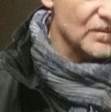Fabrizio Ulivieri's Blog, page 23
January 21, 2025
Sera
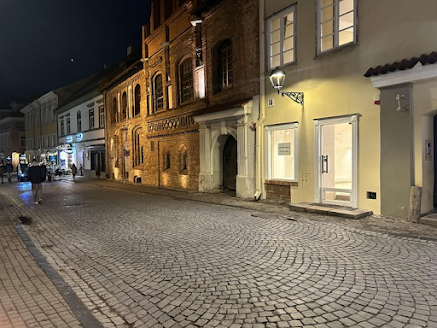
Il buio odioso la sera
invade senza pietà.
L'anima che spera
già piange - sua stupidità.
Published on January 21, 2025 21:14
January 19, 2025
Tundra Lituana 2

Mi nasconde il grigio e la pioggia
Dalla mia terra fuggo e in te vivo
Oh fredda e di ghiaccio bianca piaggia.
Guardo il cielo senza tempo quaggiù
Gli uomini di lontano lascia andare
Di morti e demoni non chiedo più.
La luna qualche volta qua appare
Lenta inutilmente mossa indugia
Rossa, poi da miei occhi scompare.
Published on January 19, 2025 02:24
January 18, 2025
Sandro Penna

Un giorno ti ho chiamato
e ho fatto finta di aver sbagliato.
Ho udito la tua voce stanca
malandata, rotta, misera quasi.
Io avevo gli anni dei giovani
animali al lucente sonno consegnati, che cantavi, e senza peccato amavi
quando tu ormai salivi lento la fine.
- Sandro Penna? È lei? Il poeta?
- Si sono io? Lei chi...
- Non importa, non importa...le sue
poesie sono meravigliose...
- Grazie, grazie...
L'hai detto in tono disperato
affaticato, ma sincero hai parlato.
Io ero in un altro mondo.
Il mondo in cui tutto è permesso:
il mondo immortale del giovane animale.
E tu chino già scendevi invece - ove ora io scendo.
Un suono effimero, un flatus vocis,
per un attimo ci ha legati - stregati
e poi in eterno separati.
Published on January 18, 2025 19:00
On Structures and Who Creates Them (or 'Philosophical Neutrality Doesn’t Exist')
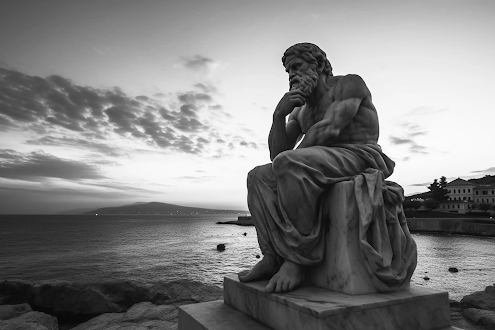
In philosophy, I have been insisting on this point for several months: there is a deeply ingrained belief that philosophy and philosophers are the true creators of thought. However, this is not entirely accurate. Philosophers create structures of thinking and opinions that hinge on those structures, but they are not the creators of the reality that moved them to think in alignment with those structures.
Behind them lies a power—often hidden, concealed, or even supernatural—that pushes toward certain drifts by using financial and military forces to support this central power, never unhinged from spiritual and supernatural visions, which align themselves with geopolitical plans and strategies of domination.
The best examples of this are Nihilism and nihilist thinkers of the calibre of Nietzsche and Heidegger, just to name a couple.
Ultimately, this is the framework within which every thinker lives and elaborates their ideas.
Philosophy is never immune to external influences, contrary to what we are accustomed (or pleased) to think. It is less risky and easier to commit reasoning to established structures because thinkers—or labourers of thought, such as university professors of philosophy—operate within the same structures (universities, foundations, publishers, media outlets...) created ad hoc by the power I mentioned above.
Philosophers and labourers of thought live on the bread bestowed by that power or, in some cases, are even actively involved in its workings. When we analyze the thought of a philosopher, we must never lose sight of this perspective. If we move from this perspective, we can better understand how nihilism, for example, was the most powerful weapon developed over the centuries to destroy Christianity.
Published on January 18, 2025 18:00
January 16, 2025
Tú sol cruel urgencia
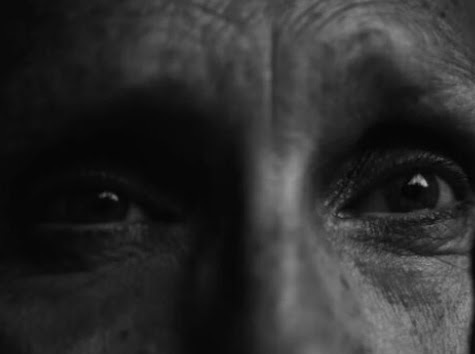
Si hubiera sabido que el sueno de tu voz se habría vuelto un día encanto, yo habría más sereno
te querido ya que tú en ausencia en escarnio, tú, te has convertido que ahora tú sol cruel urgencia
yo respiro y me queda la huellade tu voz anhelada tan lejanaque cada hora más me atropella.
Published on January 16, 2025 22:49
January 15, 2025
Amore di Italia (Figure del Ricordo)

In questa terra arida morta vivo
Di gelo neve e grigio creata.
Eppure la gente qui ha motivo
Di vita, di affetti e accettata
Ha loro stazione in un dolore
Che mai parla, quasi fosse beata
Di quel peso esser suo creatore.
Un peso infinito, grave e continuo
Che dentro divora: fuoco e livore.
Dalle facce mute ti parla strenuo,
Dagli occhi spenti grida aiuto,
Da mute posture filtra assiduo.
E mi fa male a me che lo scruto.
E vedo il sole, il cielo azzurro
Di quel paese che amo, ormai perduto.
Published on January 15, 2025 21:55
January 12, 2025
Living in the Exceeding
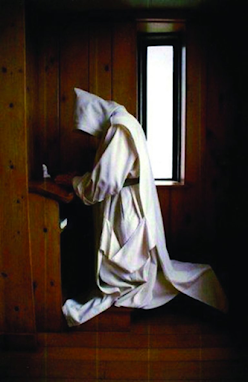
In everything surrounding the individual, there is something that exceeds his or her own individuality.
Every time an individual questions their experience, they transcend within this exceeding.
Questioning about good is exceeding, questioning about evil is exceeding, questioning about life is exceeding, questioning about death is exceeding, questioning about consciousness is exceeding, questioning about sensibility is exceeding, questioning about silence is exceeding. Everything that entails questioning implies growth into the exceeding.
There are people who are aware of this exceeding, who feel it and are elevated to a superior state of consciousness and heart. Yet, there are many others who are not, because they do not question with metaphysical interest—an interest in transcending the material, which is utterly inadequate to respond to the sense of existence.
When an individual begins to feel the exceeding, they become caught in it. It allows them to recognize themselves within it. The individual is drawn to a broader horizon, one they are about to inhabit. They perceive it—perceive it through what is happening around them, through the way their life’s horizon is changing. It becomes a sort of augmented dimensionality that they catch sight of in their proximity.
The individual becomes caught in a "thereness" they sense from many signs, and above all, from a voice within the heart.
The individual lives in the saeculum, yet at the same time strongly feels that they belong to a different horizon—one vaster than the one they currently inhabit.
If we are to find the proper words to describe it, we could say that the exceeding has no appearance, no form, and is no entity (ὄν). It is only what is feelable, perceivable, and "heartable"—that is, realizable within the heart.
Published on January 12, 2025 22:15
Disperazione del vivere
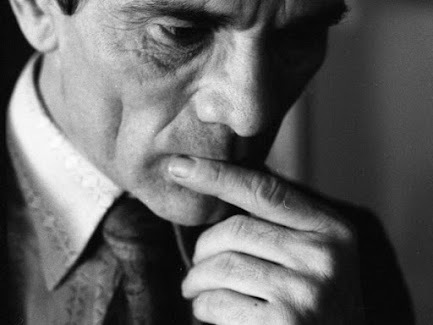
Credo in me maledizione dura.
Del vivere ugual disperazione
Di mio padre porto meco l'abiura.
Par malattia mortal e perdizione
Dal sangue scaturita e generata
Che curva la vita la sua azione.
Come un' epilessia profilata
Senti che arriva e già lo sai
Che in nulla ne sarà alleviata.
Dal fondo guardi, aspetti e stai
Che un po' di luce filtri al buio
Della profonda ombra che già vai.
Published on January 12, 2025 00:30
January 11, 2025
Tundra lituana 1
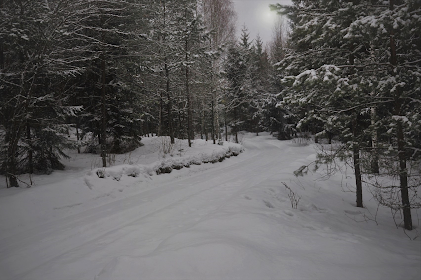
Fuori è solo grigio
quasi notte il giorno.
Il vento taglia, inciso,
Il freddo passo a l'uomo
Che nella miškas avanza.
Ha il passo quei domo.
Ghiaccio tace la neve.
Di neri corvi danza
Nel grigio d'una notte
Di ormai morto giorno.
--------------------
miskas "foresta"
Published on January 11, 2025 13:59
Tundra lituana

Fuori è solo grigio
quasi notte il giorno.
Il vento taglia, inciso,
Il freddo passo a l'uomo
Che nella miškas avanza.
Ha il passo quei domo.
Ghiaccio tace la neve.
Di neri corvi danza
Nel grigio d'una notte
Di ormai morto giorno.
--------------------
miskas "foresta"
Published on January 11, 2025 13:59

